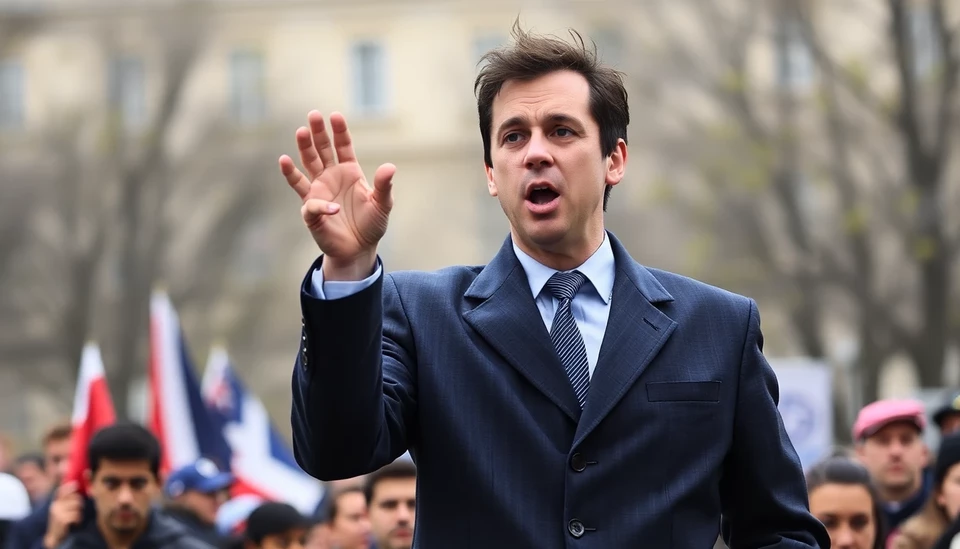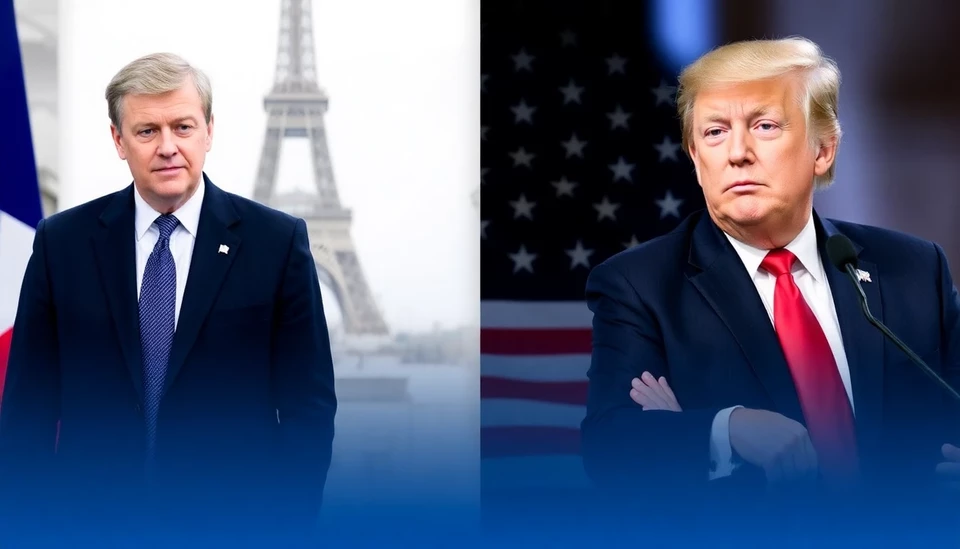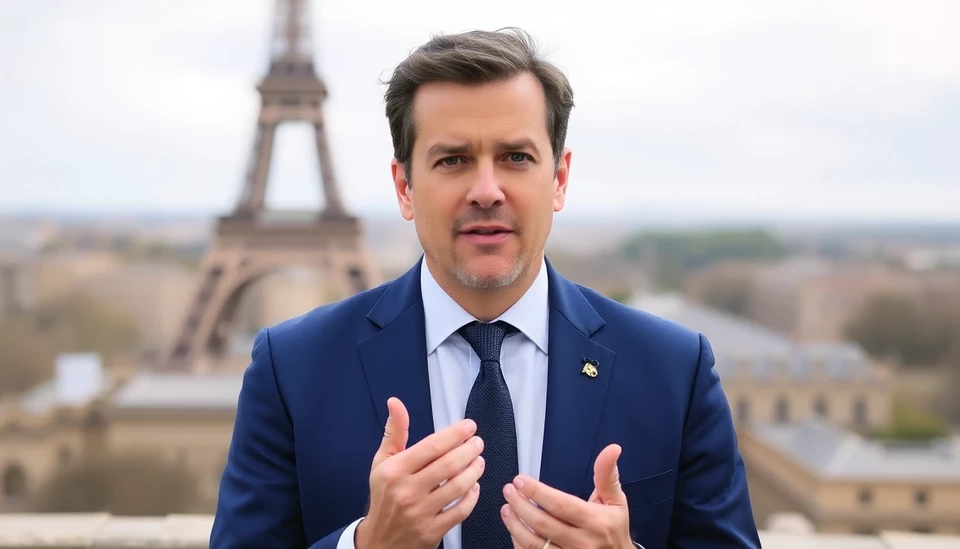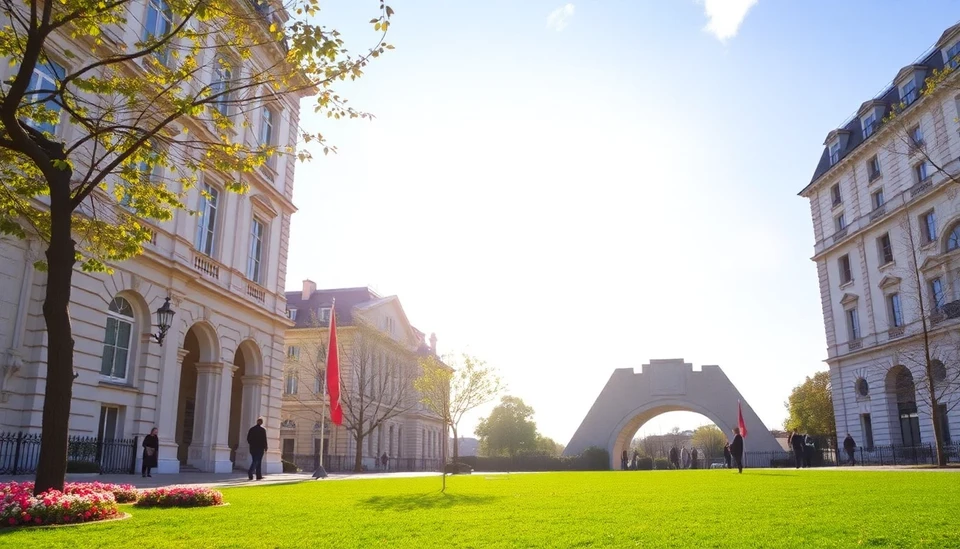
France is currently grappling with a period of intense political instability that is significantly hindering its economic potential. The political landscape has been marked by upheaval, with the government facing increasing opposition, social unrest, and a lack of cohesion that has left the country in a low-growth environment. Analysts are now warning that this stagnation could have long-term implications for both France's economic health and its position within the European Union.
The onset of this crisis can be traced back to widespread protests and strikes that erupted across the nation, fueled by dissatisfaction with various government policies, including pension reforms and tax increases. Public confidence in the government has plummeted, leading to a fragmented political scene, where no single party appears to have a strong enough mandate to enact meaningful change.
As the government continues to struggle with unyielding opposition from leftist parties and a growing populist movement, the economic ramifications are becoming increasingly evident. Growth predictions for the coming year have been revised downward, with forecasts indicating that GDP growth may hover at just 0.5%. This is a stark contrast to the EU average, which is expected to outpace France amid a rising recovery from the pandemic.
Investors and economists are particularly concerned about the stagnation of critical sectors, such as manufacturing and services, which have traditionally underpinned the French economy. With consumer spending declining and businesses hesitant to invest in uncertain conditions, the risk of entering a recession is becoming alarmingly real.
Furthermore, the French government’s attempts to implement stimulus measures have been met with skepticism. Critics argue that any proposed initiatives are too small to counteract the negative effects of the ongoing political strife. As global economic conditions remain volatile, this inaction can be detrimental, leaving France at a competitive disadvantage within the global market.
International allies are also keeping a watchful eye on the situation. There is growing concern that France's political chaos could lead to long-term inefficiencies within the European economic structure, as the country plays a vital role in EU policymaking and economic governance.
As we look ahead, many experts agree that decisive political action and effective leadership are imperative for France to overcome this low-growth rut. The need for unity among political factions to address both domestic and economic challenges is critical. The road to recovery may be long and arduous, but restoring public confidence and enhancing economic stability remains the top priority for the government as it seeks to navigate this turbulent period.
In conclusion, as France treads through uncharted waters amidst its political turmoil, the economy continues to languish, prompting urgent calls for change. Without a cohesive political strategy and the ability to rekindle growth, the nation risks falling further behind its European counterparts.
#France #Economy #Politics #Growth #Stagnation #EuropeanUnion #EconomicForecast #PoliticalInstability
Author: Rachel Greene




